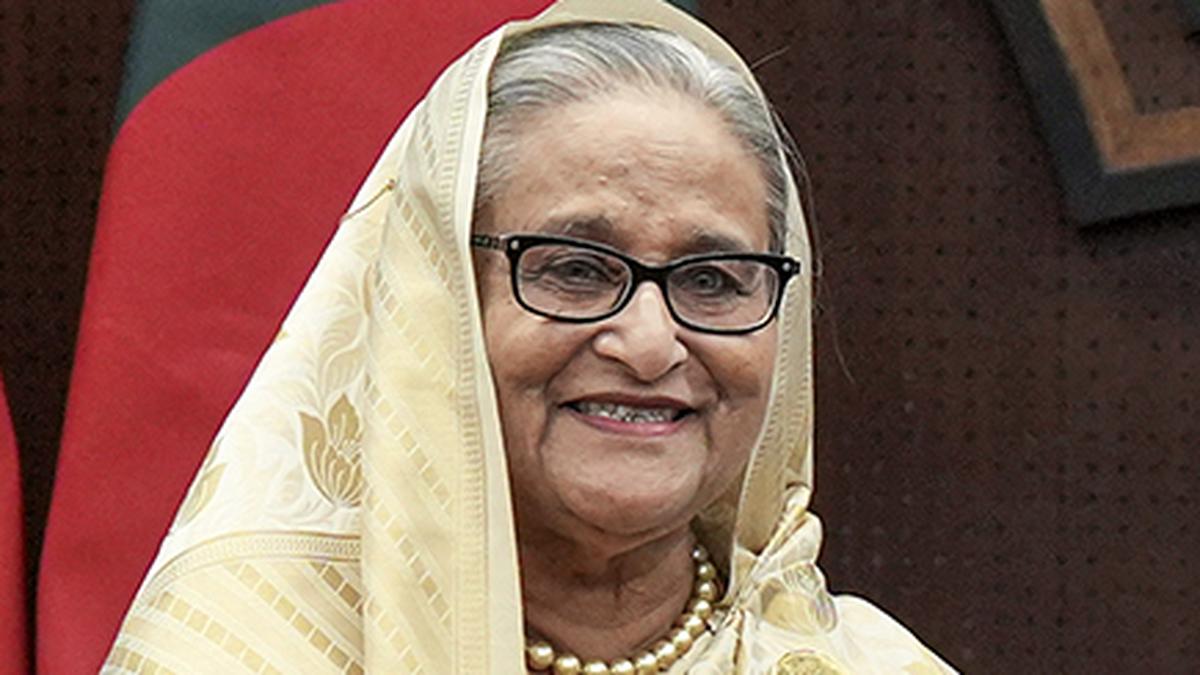The story so far: U.S. President Joe Biden has granted an unconditional pardon to his son Hunter Biden who faced sentencing for federal tax and gun convictions.
Can the President pardon anyone?
The ‘royal prerogative of mercy’ is a historic prerogative of the British monarch to grant pardons to convicted persons. This was originally used by the monarch to withdraw or provide alternatives to death sentences. At present it is used to grant clemency for any sentence or penalty based on ministerial advice. According to the U.S. Constitution, the President can grant pardon except in cases of impeachment. The U.S. President has absolute power of pardon for federal criminal offences. Such a pardon may be issued prior to the start of a legal case as well as prior to or after a conviction for a crime.
Once accepted, the pardon grants relief from punishment and associated disqualifications but does not erase the conviction record.
What is the current controversy?
Right from the pardon to the leaders of the ‘whiskey rebellion’, who protested against a federal tax, granted by the first President George Washington in 1795 to President Bill Clinton’s pardon of his half-brother Roger on the last day of his office in 2001, pardoning power has been mired in controversies. Donald Trump had pardoned his son-in-law’s father in 2020. In the instant case, President Joe Biden has granted pardon to his son for tax and gun offences for which he has been convicted, and for any potential federal crimes that Hunter Biden may have committed between 2014 and 2024. This is in contrast to the public promises that Joe Biden had made earlier that he would not pardon his son. The reason stated by the President was that Hunter Biden was selectively and unfairly prosecuted, and was singled out only because he is his son. Hunter Biden was convicted by a jury of illegally buying and possessing a gun as a drug user. He then pleaded guilty in a tax evasion case.
What is the Indian system?
Article 72 and 161 of the Constitution provide powers to the President and Governor respectively to grant pardon, commutation, remission, respite or reprieve to a convict. These are sovereign powers which are to be exercised on the advice of the council of ministers. A pardon in the Indian context absolves the offender from conviction, punishment and all associated disqualifications. There have been various instances in India where the acceptance, rejection or delay in decisions of mercy petitions by ruling governments have been entangled in political controversies. The Supreme Court in the Epuru Sudhakar case (2006) has held that the exercise of pardoning power is subject to judicial review on the grounds of arbitrariness, mala fides or extraneous considerations.
What can be the way forward?
The pardoning power is a practice that has its origins during the time of absolute monarchy when there was no separation of powers between the executive and the judiciary.
Critics have argued that the pardoning power in modern times have been more often used for political considerations than to correct judicial errors.
In the U.K., the Criminal Cases Review Commission has been constituted to investigate alleged miscarriages of justice. It has diminished the use of the royal prerogative of mercy. This is a transparent and judicious manner of correcting judicial errors in a modern democracy, governed by the rule of law. However, till such time the pardoning power continues in the statute books, it must be exercised in a manner that does not reek of nepotism or arbitrariness. It is essential for retaining the trust of people, who are the source of all power in a democracy, in high constitutional offices.
Rangarajan R is a former IAS officer and author of ‘Polity Simplified’. Views expressed are personal.
Published – December 04, 2024 08:30 am IST




